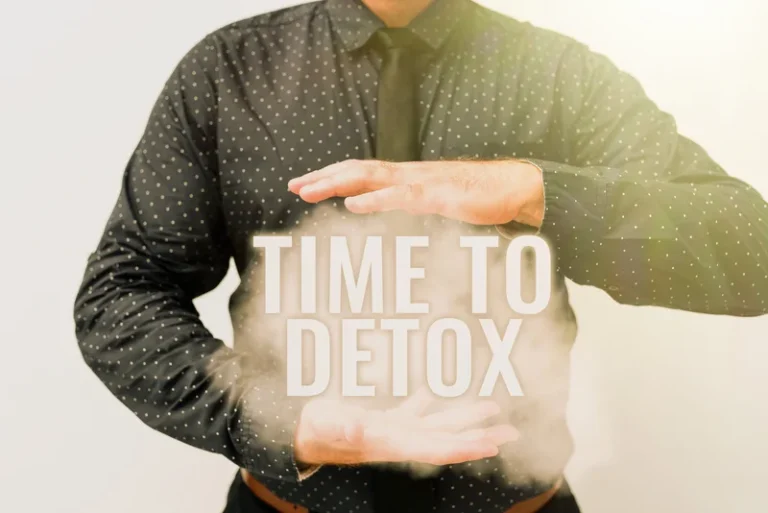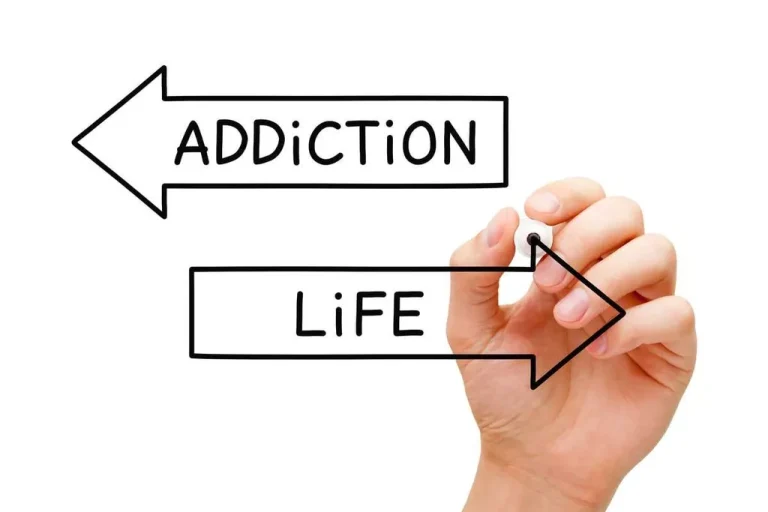How to Detox from Alcohol at Home
If you decide to get treatment, your doctor can recommend the type of care that you need. During an exam, they’ll look for other medical conditions to see if they could be to blame. Behavioral therapies can help those struggling with alcohol abuse focus on avoiding old patterns and identify the root causes of addiction.
Coping and support
To maintain homeostasis in the CNS, inhibitory signals from the GABAergic system are balanced by excitatory neurotransmitters such as glutamate. Alcohol, a CNS depressant, stimulates the GABAergic system and, in acute intoxication, causes a range of clinical manifestations such as disinhibition, euphoria, and sedation. Symptoms outside of the anticipated withdrawal period or resumption of alcohol use also warrants referral to an addiction specialist or inpatient treatment program.
- If you consistently consume significant amounts of alcohol, your CNS gets used to this effect.
- If you don’t already have a supportive network, you can make new connections by joining social media communities dedicated to alcohol-free living.
- While the most painful symptoms typically subside within the first week, some mild symptoms can last for several weeks to a year.
What is considered 1 drink?
If your drinking makes you feel out of control and you are ready to seek help, many organizations can assist you. If you’re having difficulty sticking to your goal or just want some extra guidance, consider reaching out for professional support. You might run into obstacles along the way that tempt you to drink. At the end of the day, one of the most important tools you have at your disposal is self-compassion. Instead of criticizing yourself for having a hard time or slipping up and having a drink, remember that no one’s perfect. What matters most is your ability to maintain an open, curious outlook as you learn what does and doesn’t work for you.

Alcohol Withdrawal
For this reason, it is advisable to go to a rehab center, where the staff can help monitor worsening symptoms. When a person is ready to quit drinking, they should consider seeking professional help to reduce the intensity of the symptoms. Call now to connect with a treatment provider and start your recovery journey. If your symptoms are more severe, you may need to stay in the hospital. This is so your doctor can monitor your condition and manage any complications.
If you take prescription medication, continue to take it as directed. Dietary guidelines recommend that if you drink, men limit daily drinking to two drinks or less per day and women limit their drinking to one drink or less per day. Consuming more than that can lead to liver damage and heart disease, and increase your risk for some cancers. Individuals should be prepared to be uncomfortable during this period and have medical help available if needed. This is the period in which delirium tremens is most likely to occur, which requires immediate medical attention.

Reach out for support

Their job is to make sure that if you develop any worsening of symptoms, they get you to a hospital or call 911 immediately. People who have an addiction to alcohol or who drink heavily on a regular basis and are not able to gradually cut down are at high risk of AWS. It’s best to be in a calm and controlled environment to reduce the risk of symptoms progressing toward hallucinations.
According to a 2015 article, an estimated 50 percent of people with an alcohol use disorder go through withdrawal symptoms when they stop drinking. Doctors estimate that 3 to 5 percent of people will have severe symptoms. Most treatment options may include Alcohol Detox the administration of long-acting benzodiazepines. A common benzodiazepine that a doctor may prescribe includes diazepam. During initial treatment, a person may receive a higher dosage of benzodiazepines to reduce symptoms and the urge to drink alcohol.
- If you are concerned about potential alcohol withdrawal symptoms, talk to your doctor.
- Patients presenting with alcohol withdrawal syndrome should receive thiamine and folate supplementation as they are often nutritionally deficient.
- This could be family members, friends, members of your community, or people in sobriety support groups.
- You can still pursue therapy and support groups as you go through withdrawal.
- Still, try to keep in mind that these symptoms — though uncomfortable — are temporary.
You’re likely to start by seeing your primary health care provider. If your provider suspects that you have a problem with alcohol, you may be referred to a mental health provider. For the remainder of your first week in detox, different withdrawal symptoms may come and go.
- You will be routinely assessed by health care professionals and have your vital signs taken frequently throughout the day.
- Instead of criticizing yourself for having a hard time or slipping up and having a drink, remember that no one’s perfect.
- Individuals should be prepared to be uncomfortable during this period and have medical help available if needed.
- Your doctor may be able to connect you with shelter programs for people recovering from alcohol addiction.
- From there, you will be able to focus on other aspects of the recovery process such as different activities, therapies, counseling sessions and support options.
